In the bustling world of automotive enthusiasts, Kei cars offer a delightful blend of practicality and charm, capturing the interest of many in the UK. These compact Japanese vehicles, known as Kei jidōsha, are designed with efficiency in mind, featuring a maximum engine displacement of 660cc, and dimensions ideally suited for urban landscapes. As interest in Japanese import cars grows, learning how to import a Kei car to the UK becomes increasingly appealing.
Kei cars are celebrated for their fuel efficiency, often achieving 60-70 miles per gallon. This efficiency, coupled with their unique, quirky designs, makes them a standout choice for those seeking sustainable transportation options in the crowded urban environments of the UK. In Japan, Kei cars dominate the market, with over 1.5 million units sold annually, accounting for nearly 40% of new car sales in 2020.
The UK has seen a rise in Kei car popularity, driven partly by the growing fascination with Japanese Domestic Market (JDM) vehicles. This trend is supported by recent regulatory changes; the UK government has relaxed emissions regulations for smaller cars, making Kei cars a viable and attractive option for import. John Doe, a renowned automotive journalist, highlights their perfect mix of practicality and fun, noting their suitability for city driving and their appeal to a niche market.
Importing a Kei car to the UK offers a unique opportunity to embrace a piece of Japanese automotive culture. This guide will explore the steps involved in importing these vehicles, including understanding regulatory requirements, researching specific models, and the potential costs involved. As the market for compact cars in the UK continues to grow, Kei cars present an innovative solution to urban transportation challenges, offering low running costs and the chance to stand out with a distinctive vehicle.
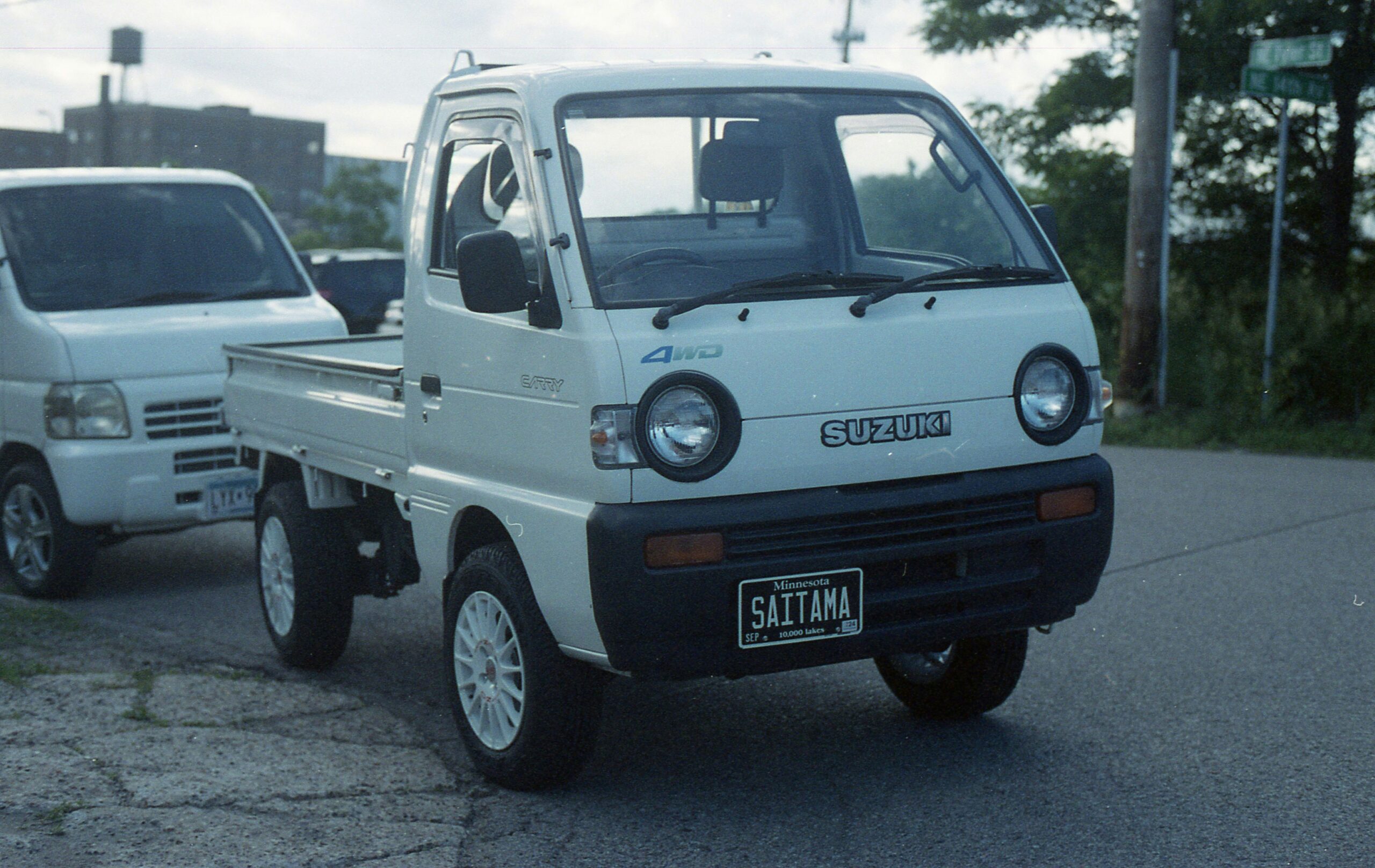
Photo by Paul Esch-Laurent on unsplash
Understanding Kei Cars
What Are Kei Cars?
Kei cars, known as “Kei jidōsha” in Japan, are a unique category of compact vehicles characterized by their small size and economical nature. These vehicles have a maximum engine displacement of 660cc, a length of up to 3.4 meters, and a width not exceeding 1.48 meters. Designed primarily for efficiency and practicality, Kei cars are immensely popular in Japanese urban areas, where space and fuel economy are paramount. Their compact nature makes them ideal for navigating narrow streets and finding parking spots in congested cities.
Historical Background and Regulation Changes
The concept of Kei cars originated in post-war Japan, aiming to provide affordable transportation solutions for the masses. Over the decades, Kei car regulations have evolved to enhance safety, environmental standards, and vehicle performance. As of 2023, UK regulations have become more favorable towards importing these compact cars, thanks to relaxed emissions standards for smaller vehicles. This change aligns with global trends of adopting sustainable and low-emission transportation alternatives.
Advantages of Kei Cars
Owning a Kei car in the UK presents several benefits:
Cost Efficiency: Kei cars are renowned for their fuel efficiency, achieving 60-70 mpg. This translates to lower fuel costs, making them attractive for budget-conscious drivers.
Lower Taxes and Insurance: Due to their small engine size, Kei cars often benefit from reduced road taxes and insurance premiums, offering savings compared to larger vehicles.
Urban Suitability: Their compact dimensions make Kei cars perfect for urban environments. They can easily maneuver through tight spaces and park in restricted areas where larger cars struggle.
Unique Appeal: With a variety of quirky and distinctive designs, Kei cars stand out on UK roads, appealing to those seeking a vehicle with character and personality.
Kei Car Market and Popularity
The Kei car market in Japan is significant, with annual sales exceeding 1.5 million units. These vehicles account for around 40% of new car sales in Japan, underscoring their popularity. In the UK, the interest in Kei cars is rising, driven by the growing fascination with Japanese Domestic Market (JDM) cars. This trend is fueled by car enthusiasts seeking unique imports that offer a piece of Japanese automotive culture.
Common Misconceptions
Despite their benefits, Kei cars are subject to misconceptions. One myth is that these cars are unsafe due to their size. However, Kei cars adhere to stringent Japanese safety regulations, ensuring they are equipped with modern features. Another misconception is that Kei cars are unsuitable for UK roads. In reality, their compact design is advantageous for navigating the UK’s urban landscapes efficiently.
Customization and Cultural Significance
Beyond their practical features, Kei cars hold cultural significance in Japan, embodying the ethos of efficiency and minimalism. This cultural aspect resonates with UK consumers interested in sustainable living. Moreover, Kei cars offer extensive customization potential. Enthusiasts often modify them for enhanced performance or aesthetic appeal, a trend gaining traction among UK car communities.
Actionable Tips for Importing Kei Cars
For those interested in importing Kei cars to the UK, consider these tips:
Research Thoroughly: Investigate the specific model’s reliability and the availability of spare parts in the UK.
Choose a Reputable Importer: Collaborate with experienced importers familiar with Kei car regulations to streamline the process.
Understand the Costs: Be prepared for expenses such as shipping, VAT, and registration fees, which can range from £1,500 to £3,000.
Future Implications
The Kei car market in the UK is poised for growth due to increasing interest in compact and eco-friendly vehicles. As environmental concerns intensify, more favorable regulations could further bolster this trend. Additionally, the cultural exchange between Japan and the UK may lead to heightened imports of Kei cars, fostering a vibrant community of enthusiasts keen on unique automotive experiences.
The Import Process
Legal Requirements for Importing a Kei Car
Importing a Kei car to the UK requires understanding specific legal regulations. Firstly, vehicles must comply with UK road standards. Kei cars, known for their compact size and efficiency in Japan, must undergo a Vehicle Approval Test to ensure they meet UK safety and emissions standards. This includes checks on headlights, emissions, and overall roadworthiness. It’s crucial to ensure that the car’s documentation, such as the Certificate of Conformity, is complete to avoid delays during the import process.
Budget Planning and Costs
Importing a Kei car involves several costs aside from the purchase price. Budgeting for shipping, import duties, VAT, and registration fees is essential. Shipping costs can range from £800 to £1,200, depending on the method and distance. The import duty is typically 10% of the car’s value, followed by 20% VAT applied on both the car’s price and shipping costs. Additional fees might include storage, customs clearance, and modifications needed to meet UK standards, which can total between £1,500 and £3,000.
Finding a Reputable Dealer
Collaborating with a reputable dealer experienced in importing cars to the UK is beneficial. They can navigate complex paperwork and avoid common pitfalls. Seek dealers specializing in Japanese import cars or those with a track record in handling Kei cars. Recommendations from online forums dedicated to JDM cars or reviews from previous clients can be valuable resources.
Choosing the Right Kei Car
Selecting a Kei car involves more than just aesthetics. Consider fuel efficiency, availability of spare parts in the UK, and specific features that meet your needs. For instance, a Suzuki Alto Works may appeal to those seeking a sporty design, while a Daihatsu Copen could attract those interested in convertibles. Each model offers unique benefits, so thorough research into the car’s reliability and community feedback is recommended.
Shipping and Customs Clearance
Once you’ve chosen your vehicle, the next step is arranging shipping. Options include roll-on/roll-off (RoRo) or container shipping. RoRo is generally cheaper but offers less protection compared to container shipping. Upon arrival, customs clearance is required. This involves presenting necessary documents, such as the Bill of Lading and the vehicle’s purchase invoice, to UK customs. Ensuring all paperwork is accurate and complete will facilitate a smoother process.
Registration and Safety Inspections
Post-import, the Kei car must be registered with the Driver and Vehicle Licensing Agency (DVLA). This process includes providing proof of identity, the completed V55/5 form, and payment of the registration fee. Additionally, the car must pass a Single Vehicle Approval (SVA) test, verifying it meets UK standards. Safety features, emissions, and lighting are scrutinized to ensure compliance.
Modifications and Compliance
Kei cars often require modifications to comply with UK road laws. These may include adjusting headlight angles, fitting rear fog lights, or altering emissions systems. While these modifications add to the import cost, they are necessary to ensure the vehicle is road-legal. Consulting with specialists who understand Kei car regulations can streamline this process.
Insurance and Road Tax
Finding insurance for a Kei car might be challenging due to its unique specifications. However, several UK insurers specialize in Japanese import cars, offering tailored policies. Kei cars are typically classified in lower insurance groups due to their compact size and low power output. Additionally, road tax is calculated based on emissions and engine size, often resulting in lower rates for these fuel-efficient vehicles.
Practical Tips for Smooth Import
Research Thoroughly: Understand the specific model’s requirements and reliability.
Prepare Documentation: Ensure all paperwork, including import permits and purchase receipts, is in order.
Consult Experts: Work with importers familiar with JDM cars and UK regulations.
Common Challenges and Solutions
Importing a Kei car can encounter hurdles such as paperwork errors or unexpected costs. Staying informed and prepared can mitigate these challenges. Engage with online communities of Kei car enthusiasts who can offer advice and share experiences. Learning from others’ experiences can provide insights and solutions to potential issues.
The Future of Kei Cars in the UK
As interest in compact, eco-friendly vehicles grows, Kei cars are poised to become more popular in the UK. These vehicles offer a blend of efficiency and unique design, appealing to both enthusiasts and environmentally conscious consumers. Increasing familiarity with Kei car regulations and availability of parts will likely make importing these vehicles easier and more cost-effective in the future.
In conclusion, importing a Kei car to the UK involves a detailed process but offers the reward of owning a distinctive piece of Japanese automotive culture. By understanding legal requirements, budgeting effectively, and engaging with experienced professionals, enthusiasts can navigate the import landscape successfully and enjoy the benefits these compact cars offer.
Common Challenges and Solutions
Understanding UK Laws and Regulations
One of the primary challenges when importing a Kei car to the UK is navigating the legal landscape. The UK has specific regulations for importing vehicles, including emissions standards and safety requirements. Kei cars typically meet Japanese standards, but verifying compliance with UK laws is crucial. Before importing, check the UK government’s guidelines on emissions and safety for cars under 660cc. Often, modifications are necessary to meet UK specifications, such as adjusting headlights for left-hand driving or fitting additional safety features.
Finding Parts and Service for Kei Cars
Another significant challenge is sourcing parts and services for Kei cars. These vehicles are not widespread in the UK, making parts less accessible. However, there are solutions to these challenges. Joining online forums and social media groups dedicated to Japanese import cars can provide valuable resources and contacts. Additionally, some UK-based companies specialize in importing parts for JDM cars. Building a network within the Kei car community can lead to reliable sources for parts and advice on maintenance.
Insurance Considerations
Insurance is another consideration for potential Kei car owners. Insuring an imported vehicle can be more complicated due to limited data on these cars’ performance and safety in the UK context. To address this, work with insurers experienced in covering Japanese import cars. They can provide policies tailored to the unique aspects of Kei cars. Obtaining a vehicle history and maintenance record can also assist in securing insurance at a reasonable rate.
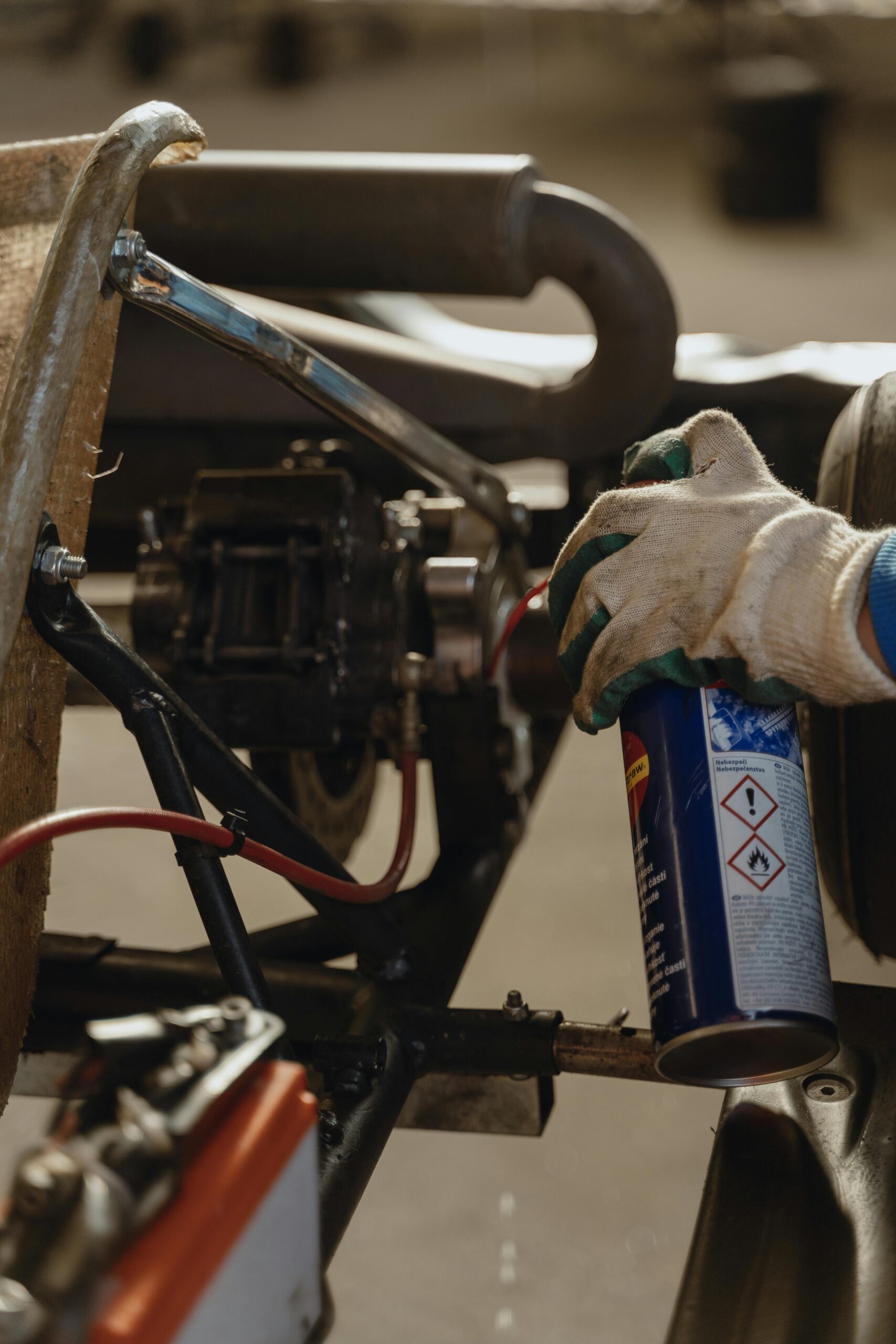
Photo by Tima Miroshnichenko on Pexels
Modifications for Roadworthiness
Ensuring your Kei car is roadworthy in the UK might require specific modifications. These might include adjusting emissions systems to comply with UK standards or installing appropriate lighting and indicators for UK roads. Consulting with specialists in JDM cars can guide you through necessary changes to ensure legal compliance. These modifications, while an initial investment, are crucial for safe and lawful operation.
Actionable Tips
Research Thoroughly: Before importing, research the specific model’s compliance with UK regulations. This includes emissions standards and any required modifications.
Network with Enthusiasts: Engage with online communities to find resources for parts and services. These networks can be invaluable for maintenance advice and sourcing hard-to-find components.
Choose Experienced Partners: Work with importers and insurers familiar with Japanese import cars. Their expertise can simplify the process and help avoid common pitfalls.
Budget for Modifications: Anticipate costs for necessary adjustments to meet UK road standards. This ensures your Kei car is both compliant and safe.
Conclusion
Importing a Kei car to the UK presents unique challenges, from understanding complex regulations to sourcing parts and securing insurance. However, with thorough research, the right partnerships, and active engagement with the Kei car community, these challenges can be effectively managed. The appeal of owning a distinctive and efficient vehicle makes overcoming these obstacles worthwhile for enthusiasts. With careful planning and an understanding of the process, importing a Kei car can be a rewarding venture, offering a unique driving experience in the UK.
FAQs
What is a Kei Car?
Kei cars are small Japanese vehicles with engines up to 660cc, and dimensions not exceeding 3.4 meters in length and 1.48 meters in width. They are designed for efficiency and are popular in urban settings.
How to Import a Kei Car to the UK?
To import a Kei car, begin by selecting a model that fits your needs. Research its reliability and parts availability in the UK. Work with a reputable importer who can handle customs paperwork and regulations, ensuring that the vehicle complies with UK standards.
What are the Costs Involved?
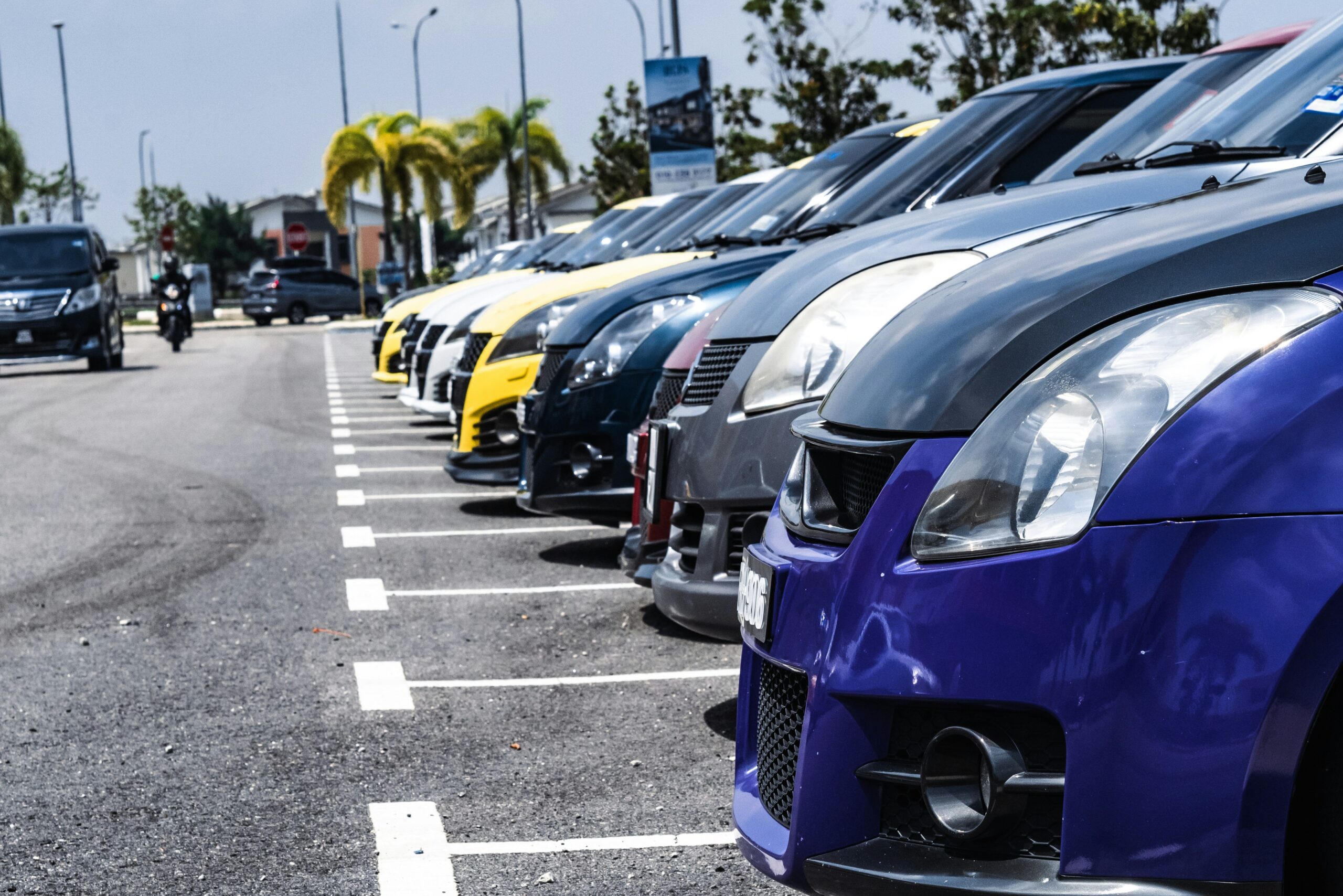
Photo by RKTW extend on Unsplash
Importing cars to the UK incurs various costs, including shipping, VAT, and registration fees, typically ranging from £1,500 to £3,000. Additionally, factor in insurance and potential modifications to meet UK standards.
Are Kei Cars Suitable for UK Roads?
Despite their compact size, Kei cars are well-suited for UK roads, especially in urban environments. Their small dimensions make them ideal for navigating narrow streets and parking in tight spaces.
What are the Benefits of Kei Cars?
High fuel efficiency (60-70 mpg), reducing running costs.
Unique, customizable designs appealing to JDM car enthusiasts.
Are Kei Cars Safe?
Kei cars adhere to stringent Japanese safety standards. Many models include modern safety features, debunking myths about their safety on UK roads.
Can Kei Cars be Customized?
Yes, Kei cars offer significant customization potential, from performance upgrades to aesthetic modifications, attracting car enthusiasts who enjoy personalizing their vehicles.
Where to Find More Information?
Consult the UK Government’s official website for detailed guidelines on importing vehicles, and connect with communities of JDM car enthusiasts to share experiences and advice.
Conclusion
Importing a Kei car to the UK is an exciting journey for enthusiasts seeking unique Japanese import cars. These compact cars offer excellent fuel efficiency and distinct designs, making them an appealing choice. To navigate the import process, understand Kei car regulations and partner with reputable importers. Consider costs like shipping and registration, typically ranging from £1,500 to £3,000. Embrace the opportunity to own a piece of JDM culture, enjoying the benefits of compact cars in the UK’s urban landscapes. Start researching today and join the growing community of Kei car owners—a rewarding experience awaits.

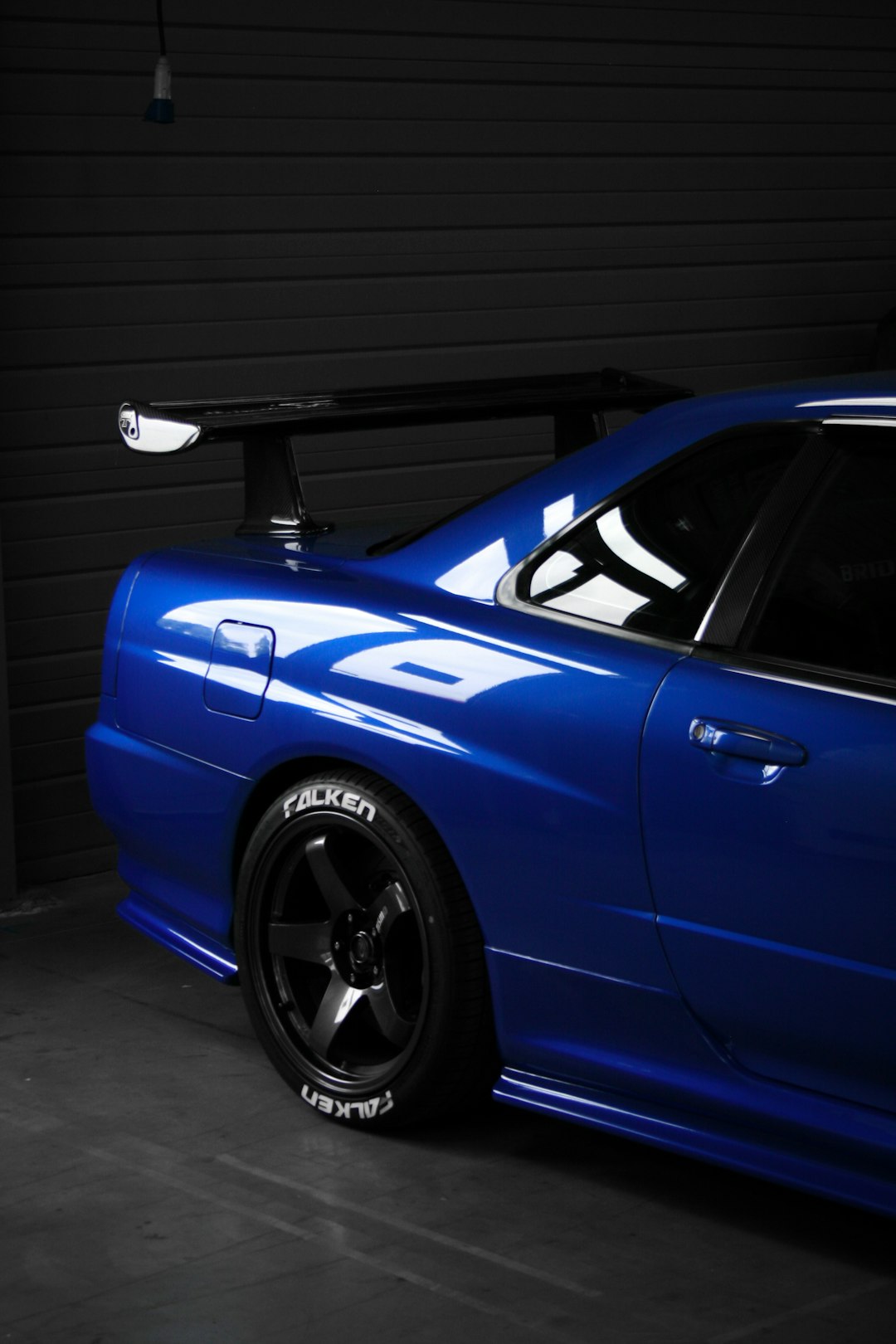
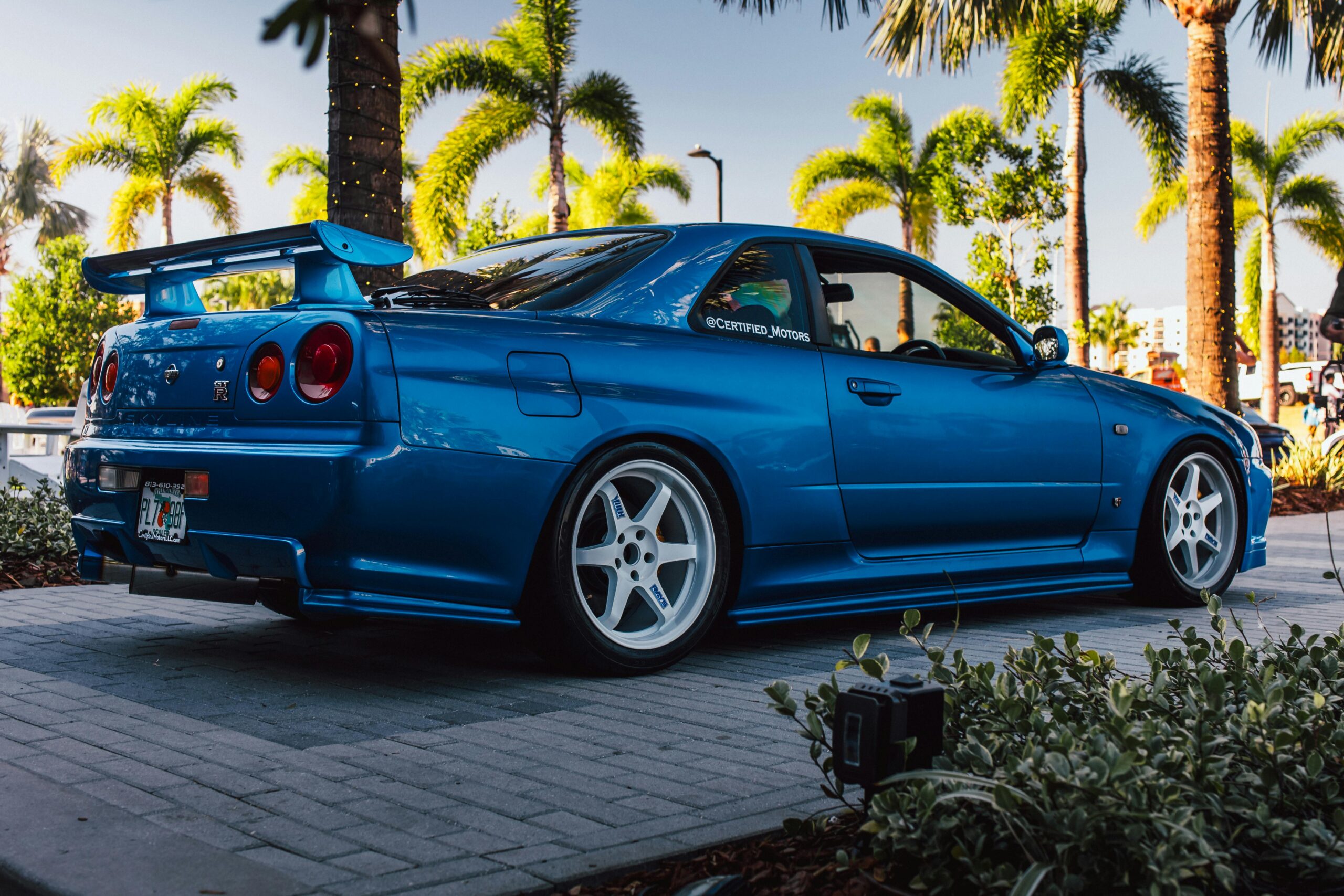
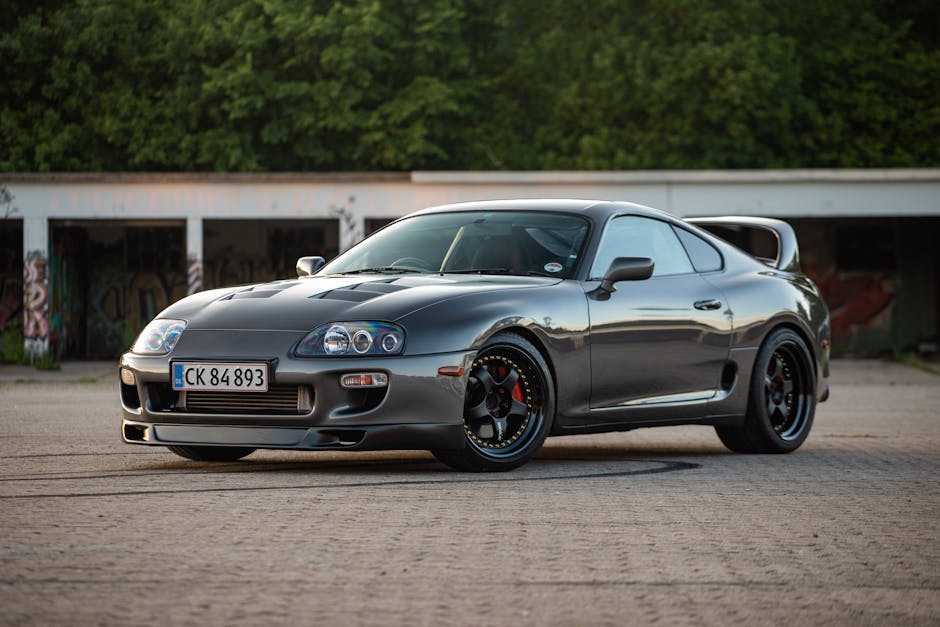
Add your first comment to this post